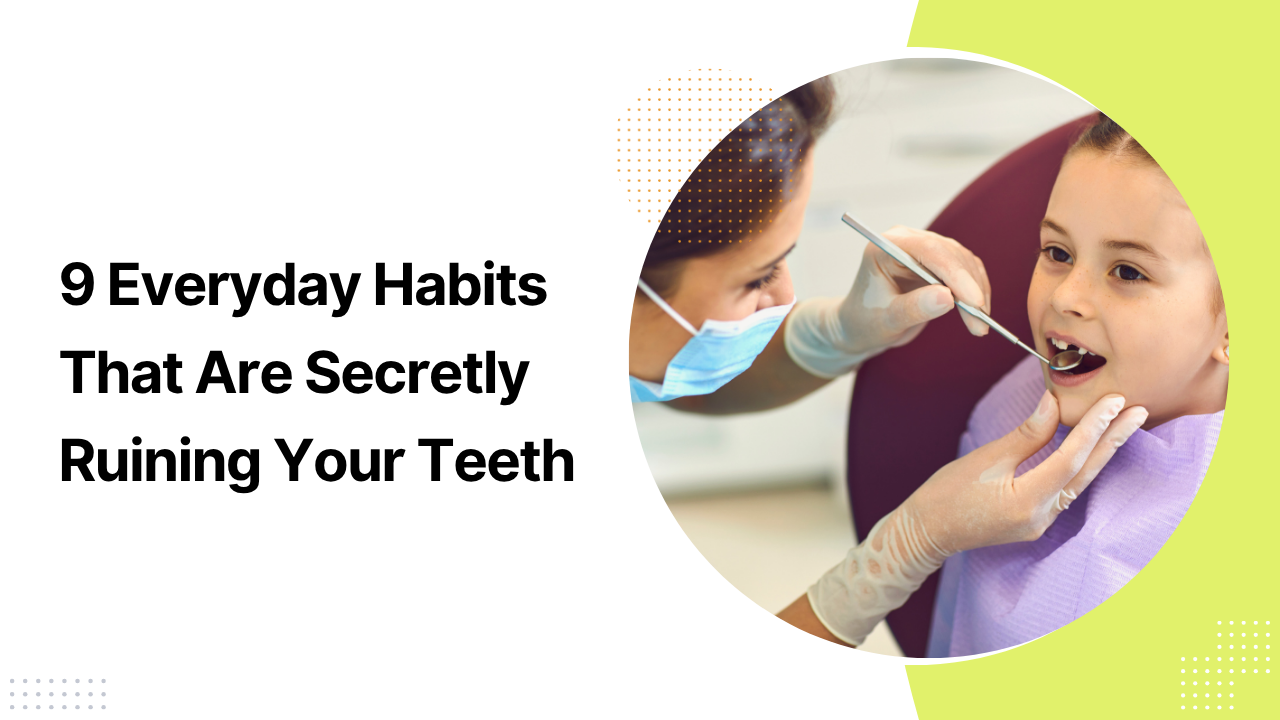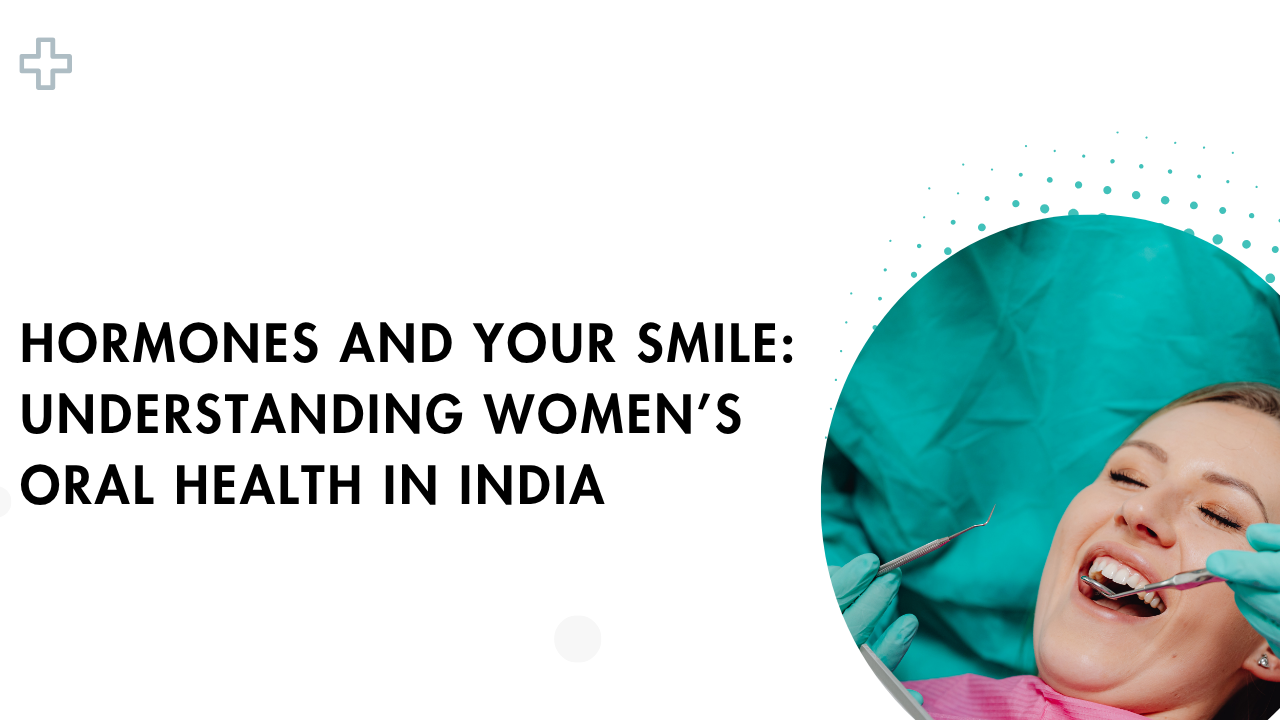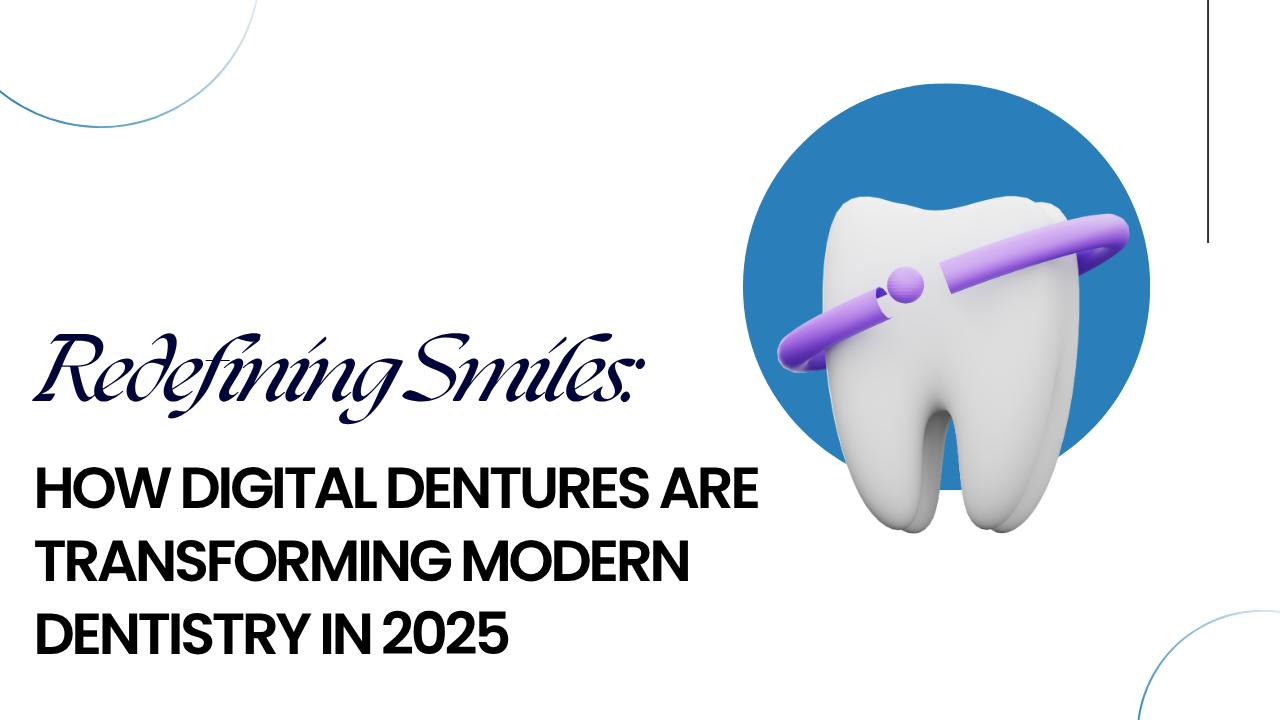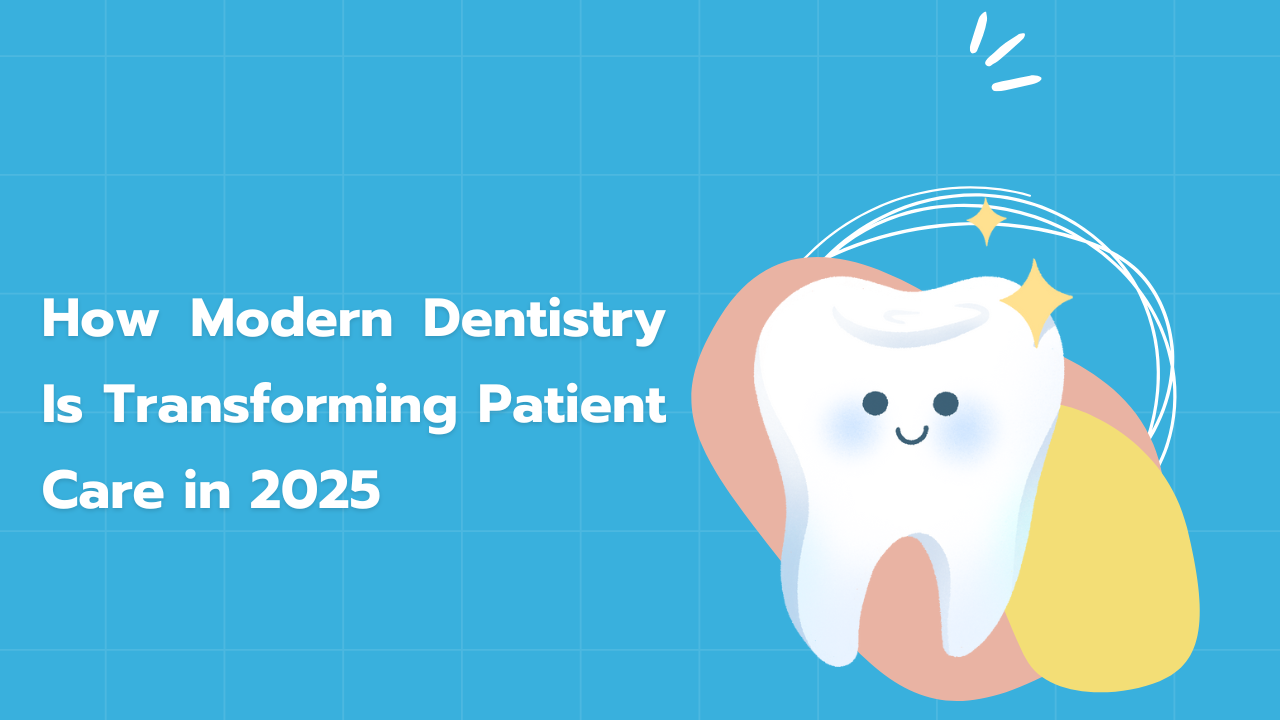Hello! Can I ask you something? Have you been experiencing some sensitivity in your teeth lately? Or perhaps you’ve been wondering why your smile isn’t as bright as it once was? If you’re puzzled by this, you’re not the only one.
The truth is, it’s not always about your diet or how frequently you brush your teeth. Surprisingly, some daily habits that we all engage in—often without realizing it—might be negatively affecting your teeth.
But don’t worry, I’m not here to alarm you. I’d like to discuss some of these subtle habits, explain why they can be harmful to your teeth, and show you how simple it can be to adjust them to keep your smile healthy and vibrant.
Does that sound good? Let’s get started!
1. Brushing Too Hard — Yes, That Can Actually Hurt Your Teeth!
Let’s talk about brushing your teeth. It seems simple enough: grab your toothbrush, clean your teeth, rinse, and you’re finished. However, here’s an important tip: brushing too vigorously can be harmful.
Have you ever been in such a hurry that you scrub your teeth as if you’re trying to remove gum from your toothbrush? I know I have! But that excessive scrubbing can erode your enamel, the tough outer layer of your teeth, and lead to gum recession, which is not ideal.
Think of your teeth as a fragile work of art. You wouldn’t want to chip away at it forcefully, would you? The same principle applies to brushing. Using soft bristles, gentle circular motions, and a relaxed technique can make a big difference.
Consider brushing your teeth as giving them a gentle massage rather than an intense scrubbing session. Believe me, your gums will appreciate it!
2. Chewing on Ice or Pens — We All Have That Nervous Habit
I have to admit something—sometimes when I’m deep in thought or feeling bored, I find myself gnawing on my pen. Or perhaps you’re one of those individuals who can’t help but crunch on ice cubes from your drink. It may seem harmless, but your teeth might have a different opinion.
Chewing on hard objects like ice or pens can create tiny fractures in your enamel. Initially, these cracks may not hurt, but over time, they can develop into chips or lead to increased sensitivity in your teeth.
Here’s a helpful suggestion: if you notice yourself doing this, consider replacing the habit with sugar-free gum or simply holding a small stress ball. It might sound a bit silly, but keeping your mouth occupied more safely can make a significant difference.
3. Using Your Teeth as Tools — Stop It, Seriously!
We’ve all been there. You’re having a hard time opening a tough package, and instead of reaching for scissors, you resort to using your teeth to tear it open. Perhaps you’ve also tried to crack a nut or pop a bottle cap with your mouth—sound familiar?
However, using your teeth as tools can lead to serious problems. Teeth are designed for chewing food, not for ripping through plastic or metal. Using them for other purposes can result in chips, cracks, or even painful breaks.
So next time, take a moment to grab the appropriate tool. It may seem like a small action, but it can significantly help in preserving your smile.
4. Constant Snacking — Is Grazing All Day Hurting Your Teeth?
Let’s discuss snacking. I understand that sometimes you just want to munch throughout the day, especially while working or watching TV. However, here’s the issue: frequent snacking, particularly on sugary or starchy items, puts your mouth under constant acid attack.
How does this happen? Each time you eat, the bacteria in your mouth consume leftover sugars and produce acids. These acids gradually erode your enamel. If your mouth doesn’t have a chance to recover, like it does between meals, those acids continue to harm your teeth.
I’m not suggesting you eliminate snacks entirely (that would be quite dull), but consider limiting your snacking to certain times and always rinsing your mouth with water afterward. It’s an easy way to help keep your teeth healthy.
5. Grinding and Clenching — When Stress Shows Up in Your Smile
Have you ever woken up with a painful jaw or persistent headaches? You could be experiencing bruxism, which is the grinding or clenching of teeth.
This can occur during sleep or in response to stress. Grinding can damage your enamel, increase tooth sensitivity, and lead to jaw discomfort.
If this resonates with you, it’s a good idea to consult your dentist. They may suggest a nightguard, a protective mouthpiece for use while you sleep. Additionally, if stress is a factor, incorporating relaxation techniques such as meditation, deep breathing, or light exercise can be very beneficial.
6. Skipping Floss — The Easy Habit That Can Save Your Smile
Let’s be honest: Flossing is one of the easiest habits to overlook. After all, who really wants to awkwardly maneuver a string between their teeth every day?
However, flossing is essential for your dental health. While brushing cleans about 60% of your tooth surfaces, flossing reaches the areas where plaque tends to accumulate. If you neglect it, plaque can build up, resulting in gum inflammation, bad breath, and eventually gum disease.
Consider flossing as a simple daily commitment to maintaining your smile for the long run. You might find it more enjoyable to do while watching a show or listening to a podcast.
7. Overdoing Teeth Whitening — When a Bright Smile Backfires
Everyone desires a bright, white smile, and with so many whitening products available, it’s easy to want to try every new kit or strip.
However, it’s important to note that excessive whitening can damage your enamel and increase tooth sensitivity. It may also cause gum irritation if not used properly.
If you’re considering whitening, it’s best to consult your dentist first. Often, professional cleanings or personalized whitening treatments can be safer and more effective than over-the-counter options.
8. Sipping Sugary and Acidic Drinks All Day — The Sneaky Smile Saboteurs
Do you enjoy drinking sodas, fruit juices, or energy drinks during the day? While they can be refreshing, each sip exposes your teeth to harmful acids.
Acidic beverages can weaken your enamel, and the sugar in them promotes cavity-causing bacteria. If you sip these drinks slowly throughout the day, your teeth are constantly exposed to acid without a chance to recover.
Here are some tips: use a straw to reduce contact with your teeth, rinse with water afterward, and try to limit your consumption of these drinks.
9. Putting Off Dental Visits — Don’t Wait for Pain to See Your Dentist
Finally, putting off dental visits until you’re experiencing pain is not a good idea.
I understand that not everyone enjoys going to the dentist. However, regular check-ups can identify minor issues early on, helping you avoid more painful or costly procedures down the line.
Even if your teeth seem fine, visiting your dentist twice a year helps maintain your smile’s health and can prevent problems before they arise.
Final Thoughts: Your Smile Deserves a Little TLC Every Day
What’s the main point? Your smile is one of your greatest assets, and maintaining it doesn’t have to be difficult. Often, it’s about being aware of those small habits that may appear harmless but can lead to significant issues.
Make sure to brush gently, steer clear of hard foods, floss daily, limit frequent snacking, and keep up with your dental appointments. Easy, right?
Minor adjustments can lead to a significant impact, not only on your dental health but also on your self-esteem and overall well-being.
Are you prepared to provide your smile with the attention it needs? Schedule a dental check-up today and begin your path to healthier, happier teeth!




